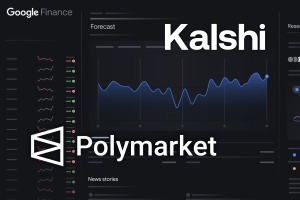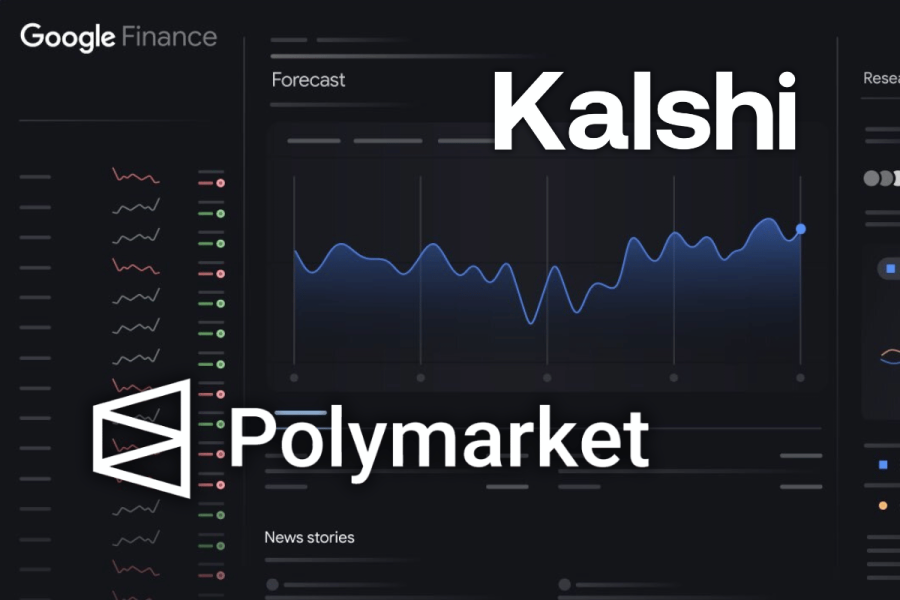The financial landscape is about to change, subtly but powerfully. Google has begun integrating data from prediction markets – platforms where people wager on future events – directly into its Finance section, offering a new lens through which to view economic forecasts.
This isn’t just about adding another data point; it’s about tapping into the collective intelligence of crowds. Imagine asking a simple question – “What will GDP growth be for 2025?” – and receiving not just expert opinions, but a real-time assessment of probabilities based on actual money being bet on the outcome.
The rollout, initially for Google Finance Labs users, will bring data from platforms like Kalshi and Polymarket. Users will be able to track how these probabilities shift over time, revealing the market’s evolving expectations about future events.

This move by Google is significant, potentially lending legitimacy to a controversial corner of the financial world. However, the integration arrives amidst growing scrutiny from state regulators who view these markets with increasing concern.
Pennsylvania’s Gaming Control Board has publicly warned that the expanding reach of prediction markets poses a “significant threat” to existing regulations. The state sees a potential for disruption and a challenge to its authority over financial wagering.
Arizona’s Department of Gaming has taken a more direct approach, issuing warnings to licensed sportsbooks. Offering prediction markets outside of Arizona’s jurisdiction could jeopardize their operating licenses, signaling a firm stance against unauthorized activity.

Similar concerns are echoing in Illinois, Ohio, and Tennessee, highlighting a widespread unease among regulators. They are grappling with how to classify and oversee these new markets, fearing potential risks to consumers and the established financial order.
Google’s decision to embrace prediction market data represents a fascinating collision of innovation and regulation. It remains to be seen how these forces will ultimately shape the future of financial forecasting and the role of these increasingly influential platforms.






